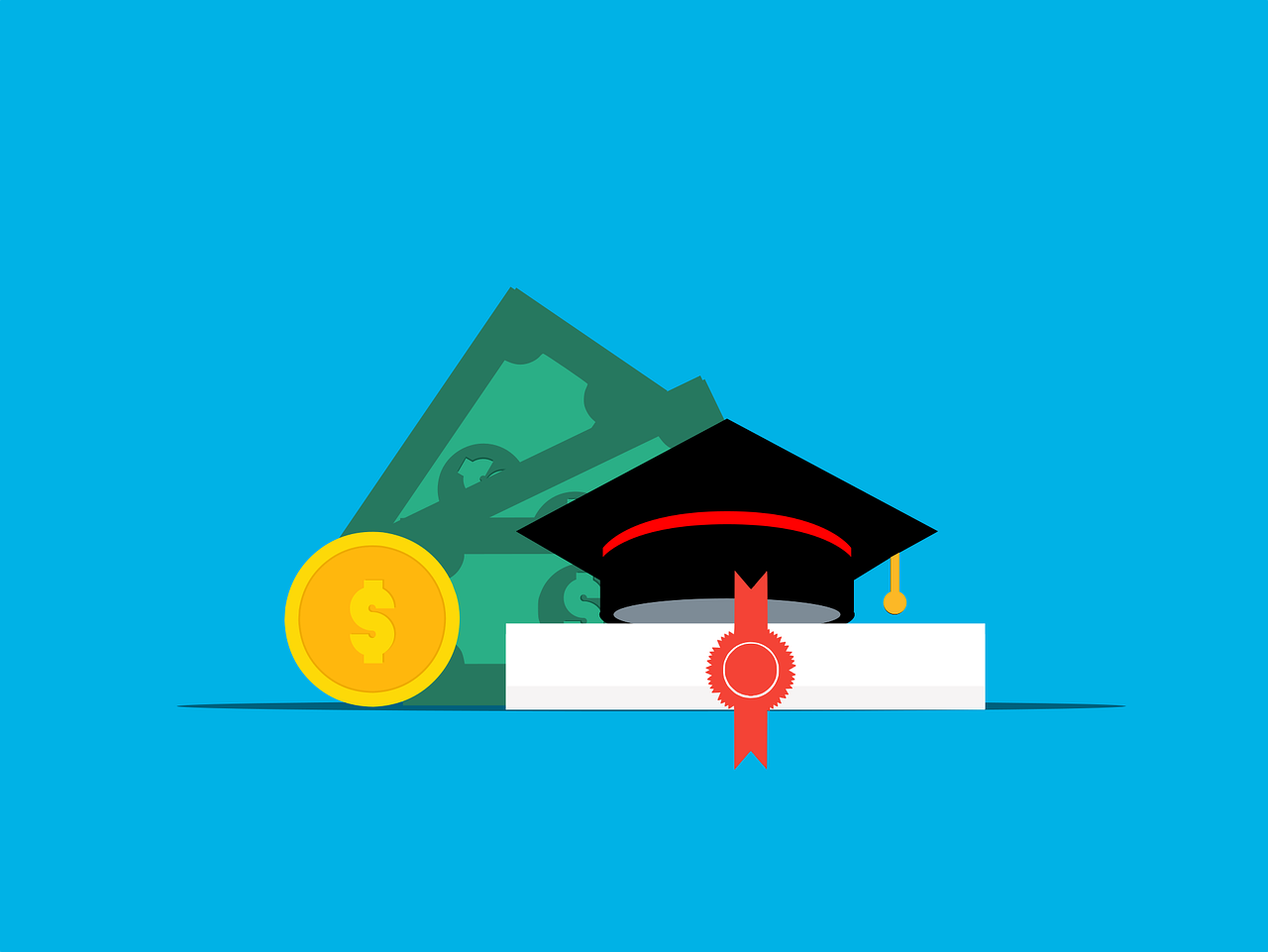
The economy is in a state of flux. It’s not great, but it’s not terrible either. Still, many college students are choosing to graduate during this time of economic turmoil. In some ways, this is great news for them because it means that they’ll be entering the job market with some real-world experience under their belts—and perhaps even more opportunities than if they were graduating during better economic times. But there are also certain things that these students need to know about graduating at a time when there isn’t much work out there or much money being spent on new hires. Here are five things you should know about what kind of career options exist right now and how you can make sure yours won’t be adversely affected by this uncertain economy:
Table of Contents
The economy is not great right now
The economy is not great right now. You’ve probably heard this from your parents, from the news, and from anyone else who has been around for more than a few months. If you were entering college in 2007 or later, then you lived through the Great Recession and its aftermath—a period characterized by rising unemployment and economic stagnation that continues to affect many people today.
As a college student today, you may be wondering how graduating during an economic downturn will impact your career prospects and financial future. Is it better or worse to graduate during an economic downturn? Can you expect your degree to pay off quickly? How can you best prepare yourself for what lies ahead once graduation rolls around?
What it means for you
- Be aware of how the economy might affect your career.
- Know how to compensate for its effects.
- Get real about your plans.
In general, it’s a tough job market out there, and college students need to realize that these days many people will be competing for the same jobs. Many employers have made cutbacks in hiring or are hiring fewer workers as they make financial adjustments during this period of economic uncertainty. If you’re lucky enough to land one of those coveted jobs after graduation, think long and hard before accepting it if it doesn’t seem right for you—your future success may depend on being able to negotiate a better position once you’ve gotten started in your career.*
It’s a tough job market
The job market for college graduates is tough. In fact, it’s the worst it’s been since the early 1980’s. The unemployment rate for those with a bachelor’s degree or higher is at 3.7%. If you’re lucky enough to find a job right out of school, you’ll probably need to accept much less than you thought was possible when applying for your first job.
It may sound like all hope is lost, but there are some things that can be done by both students and colleges to help make this process easier. Students should understand that they won’t find their dream jobs right away; they need to be willing to start out in entry-level positions and work their way up over time through hard work and dedication. Colleges should offer more career resources so students can learn about what kind of jobs might be available after graduation in their field of study, as well as how much these jobs pay so students will know if they’d be happy working them (or not).
Get real about your plans
A college degree is a valuable investment in your future, but it’s important to understand what you’re getting yourself into. Are you going to be able to get a job with that degree? Will that job help you make money? How much money will the job pay? Do you have other options for making ends meet while pursuing your career goals? These are all questions worth thinking about before signing on for college.
College graduates can expect to earn higher salaries than those without diplomas, but if our economy continues on its current path of slow recovery or even flat growth, those higher earnings won’t be enough to live comfortably. College students should know their paycheck will be delayed and may never arrive at all if they aren’t careful about which industries they pursue post-graduation.
Be aware of how the economy might affect your career and finances, and know how to compensate for its effects
As a student, you’re already aware of the importance of planning and budgeting for the future. But when it comes to your career, it’s important to be aware of how the economy might affect your options throughout college and beyond. Here are some ways you can prepare yourself:
- Keep a close eye on your finances and budget wisely. Some graduates start to experience lifestyle creep as they earn more money which can end up leaving you in a pile of debt or without a rainy day fund. Graduates from the 2008 Great Recession report overspending on non-essentials was their biggest financial regret, so keep that in mind as you set your budgets/
- Know what types of jobs and careers are in demand so that you can decide on an area in which to study or focus your efforts.
- Learn about different avenues for entering different professional fields, such as internships, apprenticeships and working with mentors or business leaders who have been successful in their field. The more options you have available to enter a particular industry, the better able you’ll be able to adapt if circumstances change once out of school.



